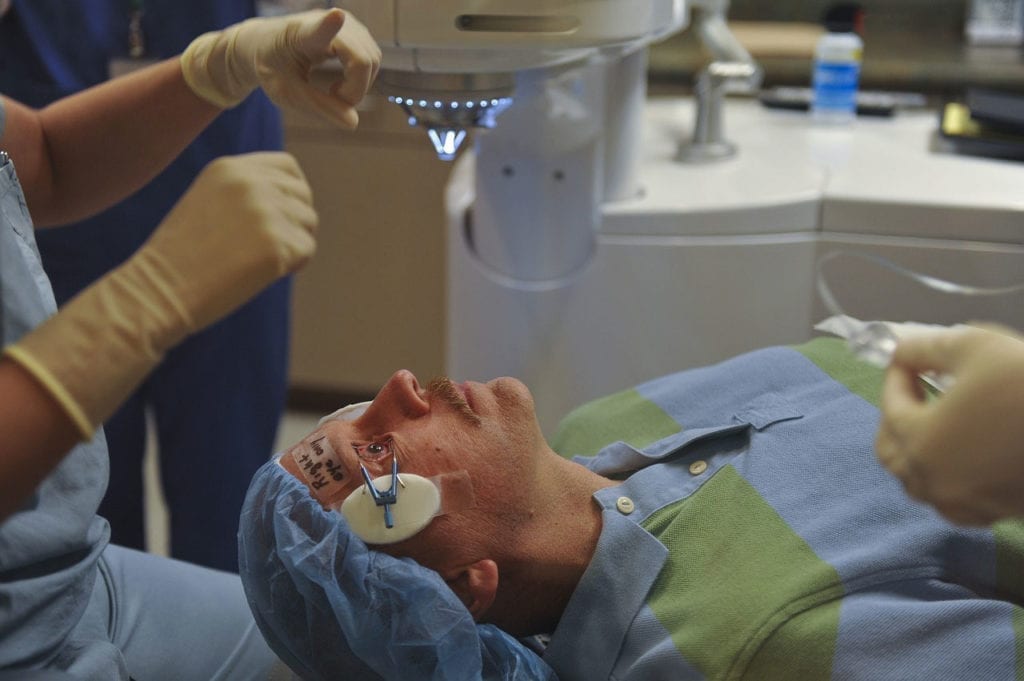According to a story from BioSpace, the drug developer Horizon Pharma plc recently announced the release of topline data from a Phase 3 clinical trial of its experimental drug teprotumumab, which was being tested as a treatment for thyroid eye disease. The study showed that the drug was effective in treating symptoms of the illness and satisfied all primary and secondary endpoints.
About Thyroid Eye Disease
Thyroid eye disease, which is also known as Graves’ ophthalmopathy, is an inflammatory disorder affecting the eyes and the surrounding tissues. The disease is autoimmune in nature and most common appears alongside Graves’ disease, an autoimmune illness that affects the thyroid. Hyperthyroidism is a significant risk factor. It can also appear in patients with Hashimoto’s thyroiditis. Women are more likely to affected than men, but men tend to be affected at older ages and have worse prognosis. Regardless it can also appear on its own without comorbidity. Symptoms of thyroid eye disease include lid lag, upper eyelid retraction, eye bulging, swelling, eye inflammation, and redness around the eyes. Severe cases, while rare, are a medical emergency that can threaten vision and inflict severe pain. In mild cases thyroid eye disease may eventually resolve on its own. Treatment may include corticosteroids, surgery, topical lubrication, and selenium supplementation. To learn more about thyroid eye disease, click here.
A New Treatment Breakthrough
The company, which focuses on developing treatments to fulfill unmet needs for rheumatic and rare diseases, currently intends to submit a Biologics License Application for the drug later this year. Teprotumumab has earned Orphan Drug, Breakthrough Therapy, and Fast Track Designations from the US Food and Drug Administration (FDA) as a treatment for thyroid eye disease. The clinical effect of the therapy was decisive in the clinical trial. 82.9 percent of patients saw reductions in the bulging of their eyes, which was the primary endpoint of the trial. In comparison, only 9.5 percent of the placebo group saw their eye bulging decrease.
These results indicate that teprotumumab has the potential to permanently improve outcomes for patients with thyroid eye disease. Eye bulging is one of the most uncomfortable and distressing symptoms of the disorder and currently it can only be corrected with surgery after active disease has ended.







